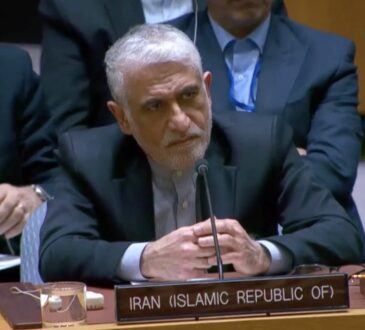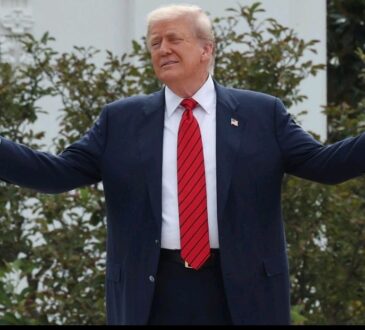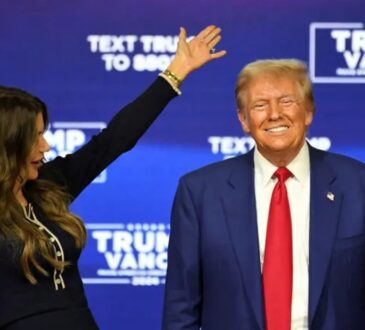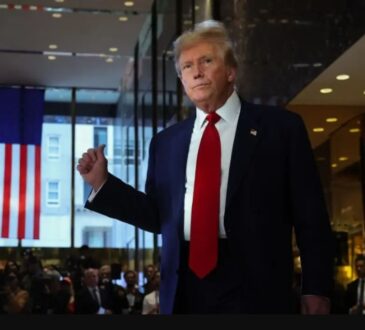
The president launched another harsh message toward “Late Night” host Seth Meyers, and the whole situation seems to have started because Trump saw a rerun of the show. It wasn’t even a new episode—just an old one from two weeks earlier—but it still set him off. Over the weekend, Trump went on his Truth Social account and accused Meyers of being angry, untalented, and responsible for what he called a failing show. He used dramatic language, saying Meyers had an “incurable case of Trump Derangement Syndrome,” and insisted that NBC should fire him immediately. Trump framed Meyers as someone who can’t control his emotions and suggested the audience doesn’t want to watch him.
This pattern of criticizing TV hosts isn’t new for Trump. He has a long history of reacting strongly when comedians or TV personalities make jokes about him. But recently, his comments about Meyers have become especially aggressive. Earlier this month, he said Meyers might be the least talented person to ever perform on live television. He then wrote in all capital letters—something he often does when he’s trying to emphasize anger or outrage—and said Meyers has no talent, no ratings, and is fully anti-Trump, which Trump dramatically suggested might even be illegal. His claims have no grounding in actual law, but they show the level of frustration he feels toward comedians who criticize him.
This feud didn’t start now. Over the summer, Trump insulted Meyers again, calling him a “dope.” He even hinted that he might look into Meyers’ contract with NBC, as if suggesting he could somehow influence whether Meyers keeps his job. Comments like that raise concerns about political pressure on media and entertainment companies.
Trump’s recent comments were shared on X by FCC Chair Brendan Carr, who has a history of publicly criticizing TV networks he believes are unfair or too negative toward Trump. Carr’s willingness to amplify the president’s attacks adds another layer to the situation, suggesting that people in positions of authority are echoing or supporting Trump’s attempts to push back against critical voices on television.
There have been other similar situations involving late-night hosts. In September, Carr targeted ABC and Disney after Jimmy Kimmel made remarks about the death of conservative activist Charlie Kirk. After two companies refused to air Kimmel’s show, ABC removed the episode entirely. A lot of viewers spoke out in support of Kimmel, and his show eventually returned a week later, but the whole incident raised questions about censorship, political pressure, and how TV networks decide which content to air.
Trump has clashed with several late-night hosts before. Reports say that during his first term, he tried to have Jimmy Kimmel censored because he didn’t like the jokes being made about him. And earlier this year, he publicly celebrated when Stephen Colbert’s “Late Show” was canceled, as if the cancellation were some kind of victory for him. He even hinted that other cancellations might be coming, implying that more TV hosts could lose their platforms if networks listen to the pressure coming from him or his supporters.
The rest of the text includes fundraising messages asking readers to support journalism that investigates powerful people and holds them accountable. It expresses gratitude to supporters, explaining that their contributions keep the newsroom stable, especially during challenging times. It encourages people to continue supporting independent reporting so that journalists can keep asking difficult questions and uncovering important information. There are also ads and reminders for subscribers to log in if they want to hide sponsored messages.




